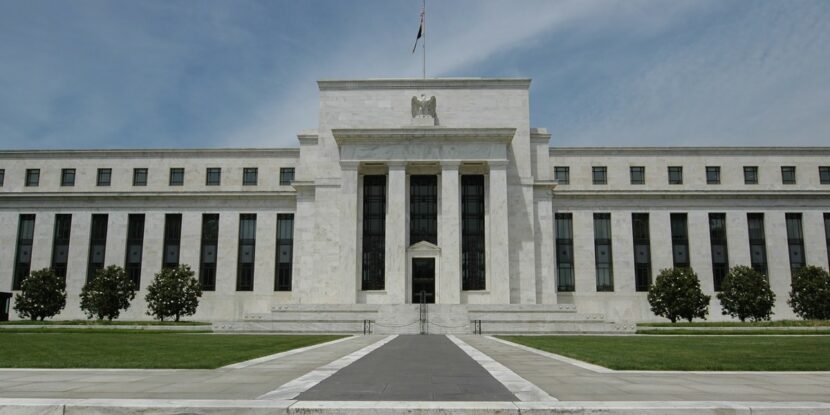Like many institutions in government, the Federal Reserve has dramatically increased in size and scope since its inception. The Fed was originally established to be a lender of last resort, then expanded its charter to a “dual mandate” of maintaining dollar stability and minimizing unemployment through monetary policy, and currently has oversight over banks and other financial institutions. Now, the Federal Reserve is preparing another major expansion of its operations that has not received enough attention: the central bank wishes to create a payment system to compete against the private sector.
Peter Ferrara summed up the issued in the American Spectator:
Every night, checks written for the holders of all U.S. bank checking accounts come together in a clearinghouse. They are then matched against amounts held in their respective checking accounts, cross-canceled, and paid the next morning. For this reason, banks often ask for checks to be deposited overnight, so they have time to cash them.
This lengthy process is not how banking works in most of the rest of the world. Most developed nations operate on immediate, real-time payments systems, where funds are immediately paid and available. While it is undoubtedly time for the U.S. to get on the same page, the Federal Reserve is by no means the best candidate to create such a system.
The private sector in the U.S. is already building real-time payment systems. The Clearing House (TCH) already serves 50-percent of all checking accounts in the U.S. That number is expected to grow to 90 percent by the end of 2019, with universal service by 2020. Other peer-to-peer private sector competitors for real-time payment include PayPal, Mastercard Send, Visa Direct, and Zelle.
The Fed’s real-time service will not be compatible with those offered by private sector competitors. Its incompatibility will mean that customers will have to choose between the Fed and the private sector alternatives…
The reasons for opposing the Fed’s real-time payment system echo those for opposing a “public option” health insurance plan. While the public option is presented as an idea to increase competition, in practice it would do the opposite and undermine it. This is because when the government competes against the private sector, they aren’t matched on a level playing field. The same government entities that would devise a public option health care plan would be the ones overseeing the private sector plans — its regulators competing against those they regulate. The government can also dictate below-market prices and absorb losses that the private sector can’t through taxpayer bailouts. For these same reasons, the Federal Reserve shouldn’t be allowed to compete against the financial institutions it oversees — especially when the market is already working.
We should be skeptical of any efforts by the Federal Reserve to illegitimately expand its charter. It’s time for the Fed to change its “ain’t no laws when you’re drinking claws” attitude and abandon its plans to compete against the private sector.
Photo credit: stantontcady via Flickr, CC BY-ND 2.0


